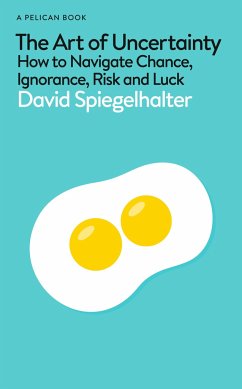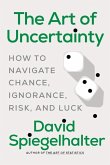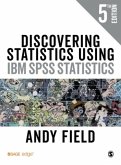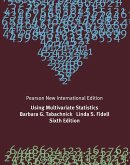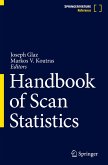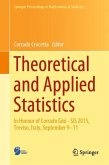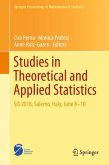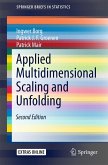'Probably the UK's greatest living statistician' Telegraph
From the UK's 'statistical national treasure', a clever and data-driven guide to how we can live with risk and uncertainty
We live in a world where uncertainty is inevitable. How should we deal with what we don't know? And what role do chance, luck and coincidence play in our lives?
David Spiegelhalter has spent his career dissecting data in order to understand risks and assess the chances of what might happen in the future. In The Art of Uncertainty, he gives readers a window onto how we can all do this better.
In engaging, crystal-clear prose, he takes us through the principles of probability, showing how it can help us think more analytically about everything from medical advice to pandemics and climate change forecasts, and explores how we can update our beliefs about the future in the face of constantly changing experience. Along the way, he explains why roughly 40% of football resultscome down to luck rather than talent, how the National Risk Register assesses near-term risks to the United Kingdom, and why we can be so confident that two properly shuffled packs of cards have never, ever been in the exact same order.
Drawing on a wide range of captivating real-world examples, this is an essential guide to navigating uncertainty while also having the humility to admit what we do not know
From the UK's 'statistical national treasure', a clever and data-driven guide to how we can live with risk and uncertainty
We live in a world where uncertainty is inevitable. How should we deal with what we don't know? And what role do chance, luck and coincidence play in our lives?
David Spiegelhalter has spent his career dissecting data in order to understand risks and assess the chances of what might happen in the future. In The Art of Uncertainty, he gives readers a window onto how we can all do this better.
In engaging, crystal-clear prose, he takes us through the principles of probability, showing how it can help us think more analytically about everything from medical advice to pandemics and climate change forecasts, and explores how we can update our beliefs about the future in the face of constantly changing experience. Along the way, he explains why roughly 40% of football resultscome down to luck rather than talent, how the National Risk Register assesses near-term risks to the United Kingdom, and why we can be so confident that two properly shuffled packs of cards have never, ever been in the exact same order.
Drawing on a wide range of captivating real-world examples, this is an essential guide to navigating uncertainty while also having the humility to admit what we do not know

